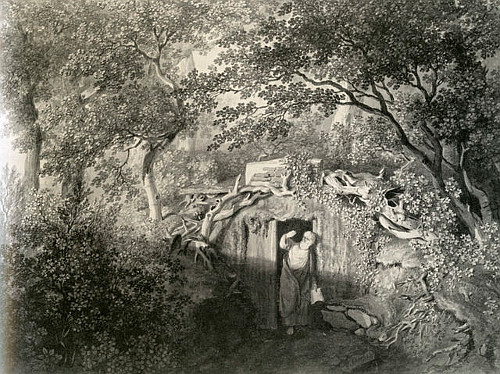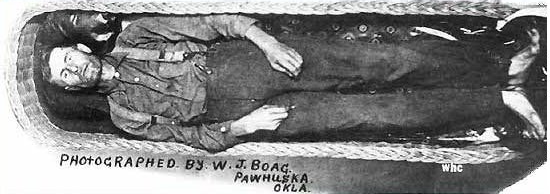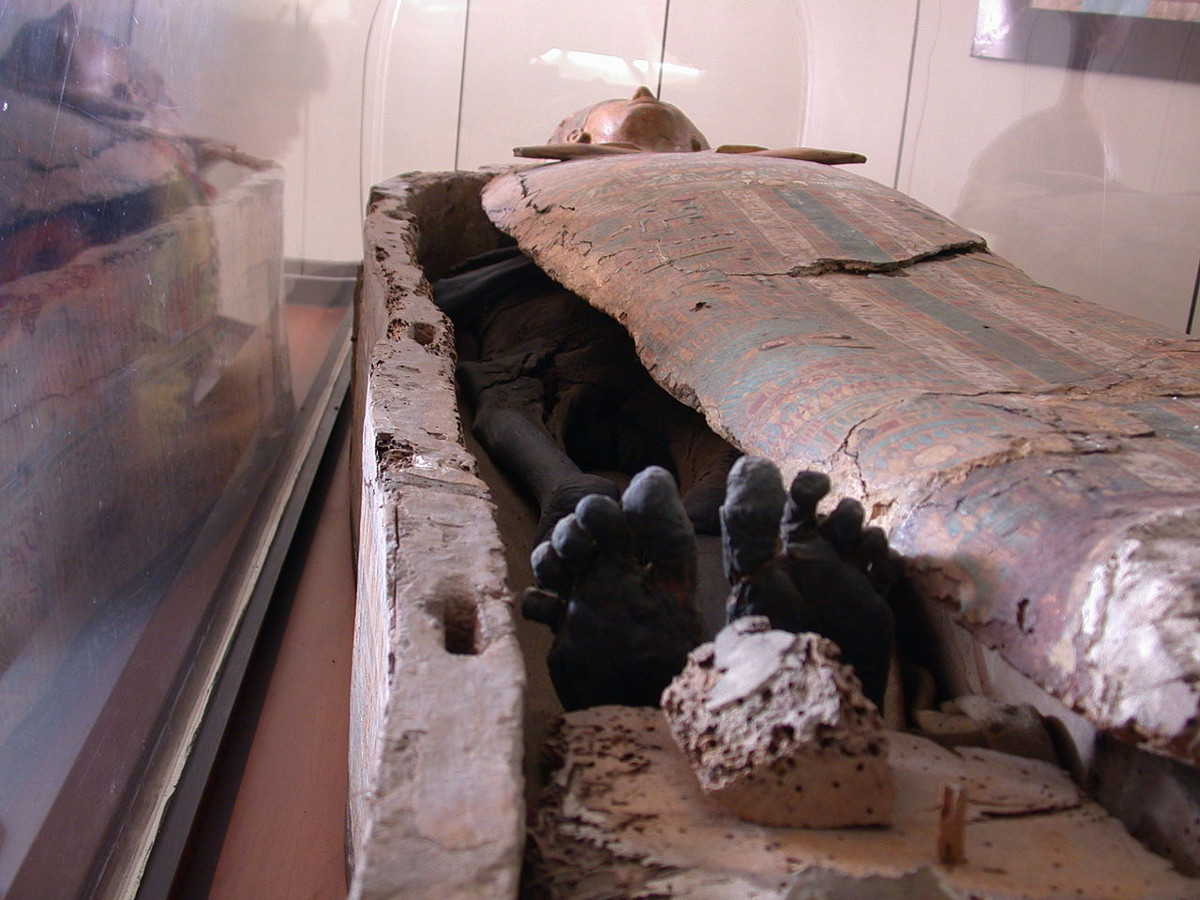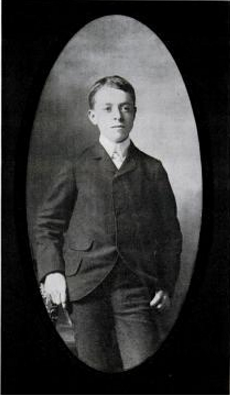
Epicurus suggested that death is nothing to fear, since we never quite encounter it: “So death, the most terrifying of ills, is nothing to us, since so long as we exist, death is not with us; but when death comes, then we do not exist. It does not then concern either the living or the dead, since for the former it is not, and the latter are no more.”
These words are often taken to be consoling, but University of California philosopher John Martin Fischer finds them worrisome:
I do not see how the Epicurean could say that it is morally wrong to commit murder in certain circumstances. That is, if you were convinced that one could instantaneously and painlessly kill a hermit, with no one ever finding out about this act, why exactly would you have any reason not to do this, on an Epicurean approach? It seems to me that an Epicurean would say that you ought to murder the hermit under such circumstances, if it would give you pleasure to do so.
Indeed, what reason would Epicurus give me for preventing my own death? “Suppose one is standing on a railroad track and sees a train coming very fast; what reason does one have (according to the Epicurean) to step aside? Assuming that one could know that the train would kill one instantaneously (with no pain involved), why exactly should one step aside, if one is an Epicurean about death? It is a bit awkward for an Epicurean to say that one has reason to take actions to secure one’s continued life, since he does not think that death is a bad thing in virtue of depriving an individual of continued life.”
(John Martin Fischer, “Death,” in Hugh LaFollette, ed., The International Encyclopedia of Ethics, 2013.)








